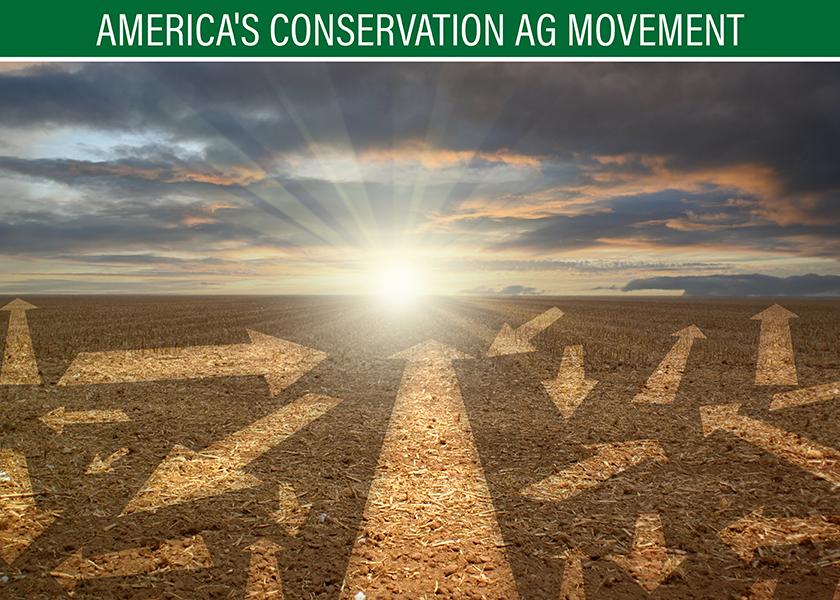New Report: The Economic, Psychosocial and Data-Management Barriers Inhibiting Farmer Participation in Carbon Markets

Farm Journal’s Trust In Food released its inaugural “Ready or Not? Ag Carbon Markets and U.S. Farmers” report, highlighting perspectives from 500 U.S. row crop producers on pathways and barriers to participating in carbon ecosystems.
The full report featuring exclusive data and analysis: TrustInFood.com/carboninsights
The majority of farmers surveyed report serious concern about overcoming technical and financial roadblocks to success in carbon markets. In addition to more fundamental warning signs, producers fear that costs will outweigh benefits; that ongoing compliance will require too high a burden; that existing conservation ag practices will not be compensated fairly; that data will not be handled appropriately or will be difficult to collect; or that upfront investments will be a barrier to entry. More than half of farmers surveyed labeled each respective concern a “significant” challenge to carbon market entry.
“Our initial findings suggest that even the most carbon-curious farmers are signaling that their participation under current market conditions would require prohibitive investments of time, effort and resources without fair financial and market returns,” said Amy Skoczlas Cole, executive vice president of Trust In Food. “Unless the carbon market value chain takes producers’ perspectives seriously, we fear a critical tool for addressing climate change and increasing farm resilience will fall seriously short of its potential.”
Three key findings from the report include:
- Farmers are aware of carbon markets but not ready to engage. After several years, 97% of farmers surveyed are not ready to participate in carbon markets, though 93% are aware they exist.
- Producers want credit for existing practices. Additionality has been a stumbling block for carbon ecosystems; 69% of producers say getting credit for preexisting practices is “very important” for evaluating their participation, second only to annual payment amount per acre (73%).
- Data capture, management and validation is fragmented. 62% of farmers surveyed are not fully digitally integrated for the purpose of managing farm information, and more than 70% do not use any software-based sustainability or conservation tools. Even with digital infrastructure on farms and ranches, the methodology for validating results and the carbon-holding capacity of soils has not been standardized and might vary dramatically across geographies, climates and certifying bodies.
Going forward the carbon market ecosystem must create more transparency and better incentives that align with operations on farms and ranches to make adoption more desirable. Trusted advisors, retailers and extension services have a role to play in preparing producers to capitalize on carbon market opportunities. This preparation includes more consistent and broader data capture and management so producers can monitor and measure practice changes.
The carbon report is part of Trust In Food’s carbon insights platform that analyzes psychosocial, economic and logistical challenges producers face in accepting and adopting climate-smart management practices.
Anchored by its Human Dimensions of Change Toolkit, the carbon insights platform provides in-depth intelligence on:
- Producer sentiment about carbon and other climate-smart programs
- Differentiating factors farmers evaluate when choosing a program
- Co-affinities that align with positive or negative carbon attitudes
- Practice adoption triggers
- Producers’ perceived barriers to market participation







